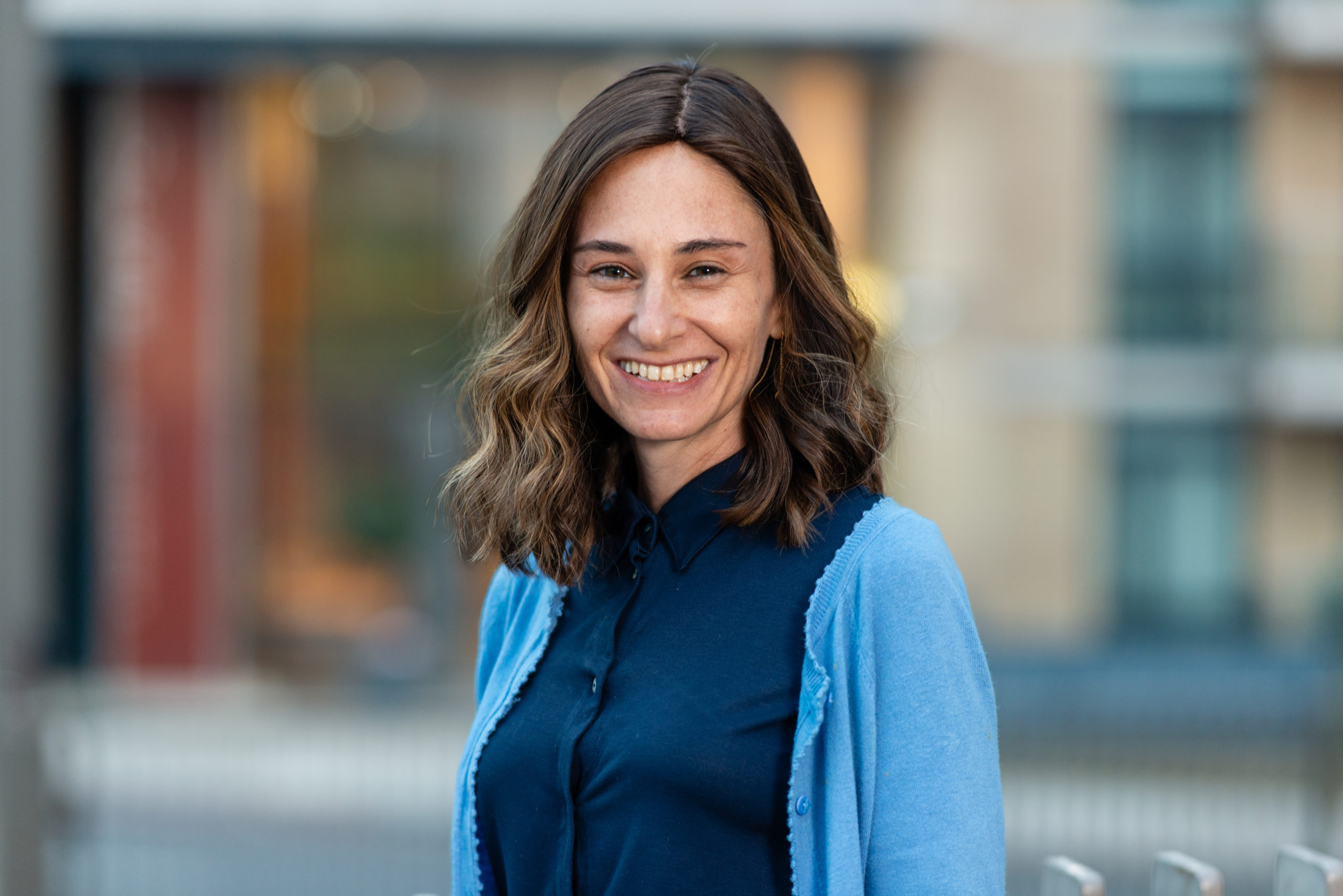
Featured Item

Why real-life rapport protects kids from online missiles
Published
1 year agoon
Sucked into an online world that glorified self-harm and suicide, British 14-year-old Molly Russell committed suicide in 2017. This week, her father, Ian Russell, now an online children’s safety campaigner joined Terry Rubenstein, the founder of mental health and resilience non-profit organisation iHeart in a webinar to discuss how to empower our children to withstand the effects of potentially harmful online content.
Headquartered in the United Kingdom, the iHeart programme has been rolled out in 22 countries, including South Africa, where it is being introduced to King David primary and high schools this year. Founded by South African-born Rubenstein, iHeart supports young people, parents, schools, and educators by providing a range of specialised courses and programmes on mental health education, resilience, and well-being.
Russell revealed how an inquest into his youngest daughter, Molly’s, death for the first time held tech platforms formally responsible for the death of a child. It sparked his tireless campaign for better internet safety.
Unbeknown to her family, Molly had viewed extensive graphic images and videos about suicide, depression, self-harm, and anxiety on social media before taking her own life. Investigating how the tragedy could have occurred, Russell unearthed the shocking content she’d been exposed to.
Following this case, social media platforms were ordered to submit explanations of what they were doing to make the internet safe. Though they made submissions, Russell says basically nothing has changed. “From what I’ve seen of their responses, it seems pretty much business as usual,” he said. “We all need to work together to help make the digital world safer for our children.”
Discussing what we as parents can do to stop our children disappearing into this virtual world, Rubenstein shared a quote from school psychologist John Scardina, “Prepare the child for the road, not the road for the child.”
“Generally, as parents, our intuition can be to dive in and try and save, fix, and solve, what’s commonly known as helicopter parenting or snowplough parenting, in which we clear the pathway so that children can have a smooth way forward in life,” Rubenstein said. She believes such an approach is disempowering for children “because it prevents them from having to struggle, learn, adapt, and uncover the innate resources that they need for life and the challenges that life will inevitably throw their way”.
Russell believes that before we prepare our children for the road ahead, we have to understand what that road is – especially in the context of social media, with which they are generally more familiar than we are. “The problem is the road is twisty, it’s full of potholes, it could unexpectedly become something completely different, and it’s quite hard to navigate,” he said. “That’s because in tech, the pace of change is fast. One of the biggest problems, as a parent, is keeping up.”
We need to accept that the digital world is here to stay, and it does do tremendous good, said Russell. However, it can be misused. “For example, harmful content can be posted by individuals, and platforms can then suggest this content to vulnerable users to amplify it algorithmically to such an extent that it can move people away from a happy life towards contemplating suicide.” Even those who don’t search for harmful content are frequently exposed to it on these platforms.
“We need to be prepared to talk about it so that if kids do find harmful content, they feel able to come to you as a parent, a teacher, and a friend to seek advice about what to do about it.”
Yet even if children have a good relationship with their parents, coming to them with such issues isn’t instinctive, said Rubenstein. This is why the onus is on parents to start these conversations.
“It’s far safer to talk about it than not to talk about it,” said Russell. Though we may worry that bringing up harmful content may cause our children to seek it out, it’s up to us to work together with them to navigate the information superhighway as safely as possible, especially when there are no “road signs” in place to protect them. It’s vital to keep the channels of communication open, and to empower children to contribute to the conversation.
“We should be our children’s biggest influencers,” Rubenstein said. “We need to teach our children that they have everything they need to deal with life’s challenges inside of them.” So, if the world pushes against them, they have the innate ability to push back. And no-one can take that away from them.
Rubenstein also stressed the value of creating a good rapport to influence our children in a positive way. “Rapport is a mutual feeling of warmth, of goodwill,” she said, “It’s what allows us to listen and interact without judgement.” It makes us feel allied to one another.
Nurturing a good rapport is important because this is what facilitates true human connection as opposed to the superficial connections that happen on social media. So, while your child may still be somewhat influenced by social media, their rapport with you will keep them anchored.
With this rapport as our foundation, we also need to be okay with our children not being happy with us, Rubenstein said. “If you want to win the war, then you’re going to lose the battle. Your child won’t be happy in the short term, but in the long term, there will be huge gains. Our children will then receive a strong message that we have faith in their ability to get over that upset and return to their state of well-being.”
It all comes back to educating children about their innate well-being. Regardless of whether they’re being trolled online or being criticised for bad exam results, their well-being is within them. “The more we share this message with young people, the more empowered they will be to go out and feel that they’re bigger than life, life’s not too big for them,” Rubenstein said.










